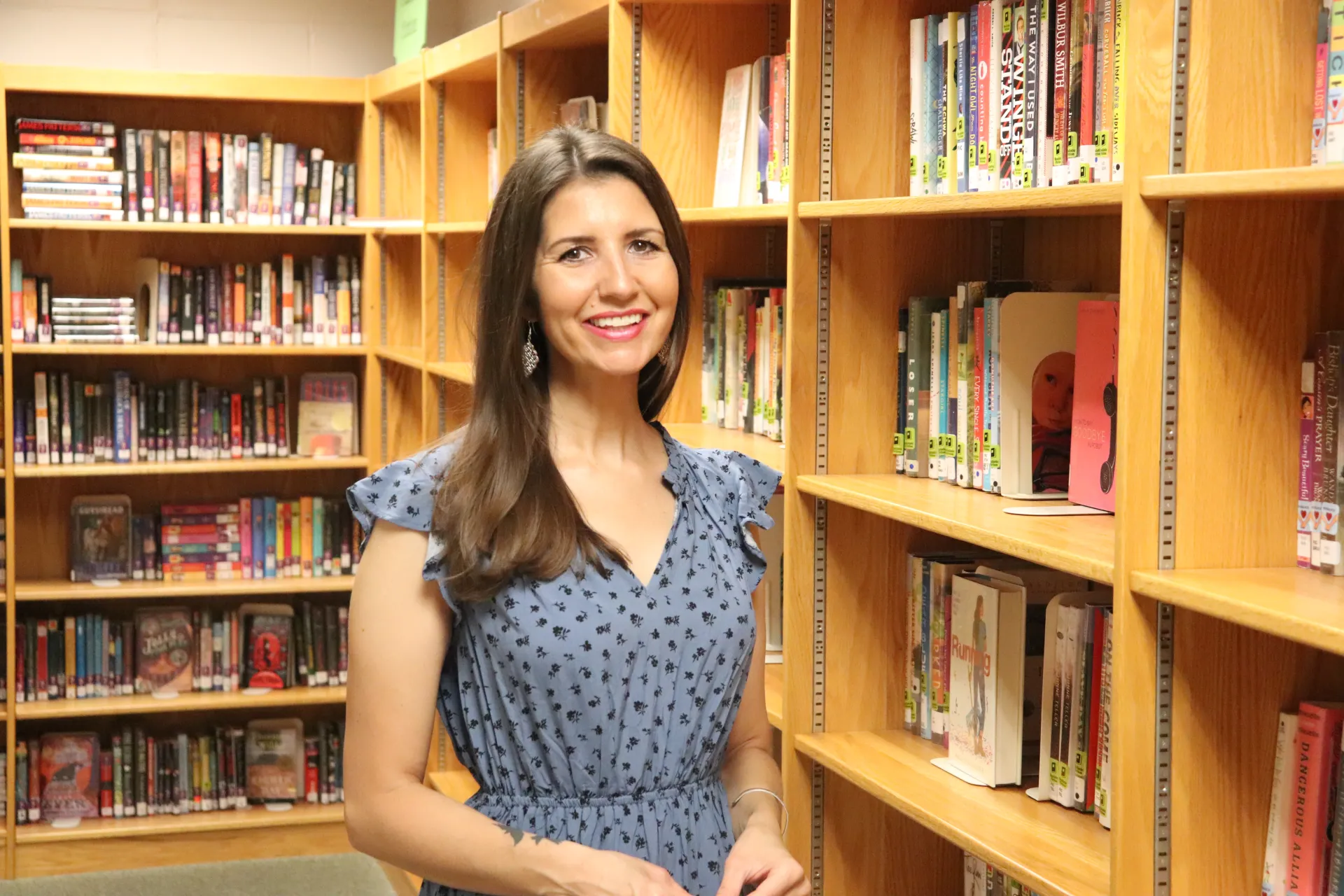
It’s easy for educators to recall a time when a student hung back after class to talk about a divorce or a heartbreak or a lost friendship. Or worse. The stories we, as educators, hear of domestic violence or of plans to end a life wrought with pain, isolation, and suffering have prompted the creation of school-wide crisis plans and protocols. These stories are easy to recall, for these are the moments when our sense of purpose is clearly defined, when we remember why we went into education in the first place.
These are the turning points for many students’ lives.
But what about those students who, because of the lessons taught to them by their own parents to not trust adults or because of fear of saying aloud the truth of their circumstances, don’t hang back after class? What is available to help turn the trajectory of their lives toward hope and peace?
My answer is literature.
Books have historically played a part in not only an escape from reality but in acting as a mirror of individuals and society. In a sense, we get to play fortune teller as we see what can become of a person or situation. For instance, when a character struggling with suicidal thoughts chooses life over death or when a teenager has been molested and finds the strength needed to take the next breath and get help.
We learn from books after finding ourselves there.
This has happened repeatedly in my high school library. Students have checked out books with subjects similar to their circumstances. These children seek answers and connection. They want to know they’re not alone in this world. One of my students this year told me she checks out books with characters that deal with fitting in and with family dysfunction because ‘it’s nice not feeling alone when facing that stuff.’
Books are also the answers to so many questions asked in anguish: Who am I? What is my purpose? Where do I belong? How will I get through this?
Too often, these hard questions go unasked outside of a book’s page. The topics seem taboo to adults. We don’t talk about such things is the message students receive from those trying to protect them through censorship. The children, however, are already facing these topics and are desperately trying to work through them.
Literature offers answers. It offers conversation when adults don’t want to go there. It can be the strength a student needs to push through pain. It can be the hope they are seeking in desperate times. It can be the reason a student doesn’t take his or her own life.
As a world, we are facing uncertainties and anxieties like never before. Emergency visits for attempted teen suicide spiked 39.1 percent during the 2020-2021 school year winter alone. This data should alarm us and send us running toward our children, not pretending that hardships don’t exist. We can’t stop the conversation or ignore what we and our children are facing.
We must support our libraries.
Because on the shelves of these rooms lie answers, hope, and connection. Take these books away, and you’re taking away the conversations our children are longing to have about life’s hardest questions.

